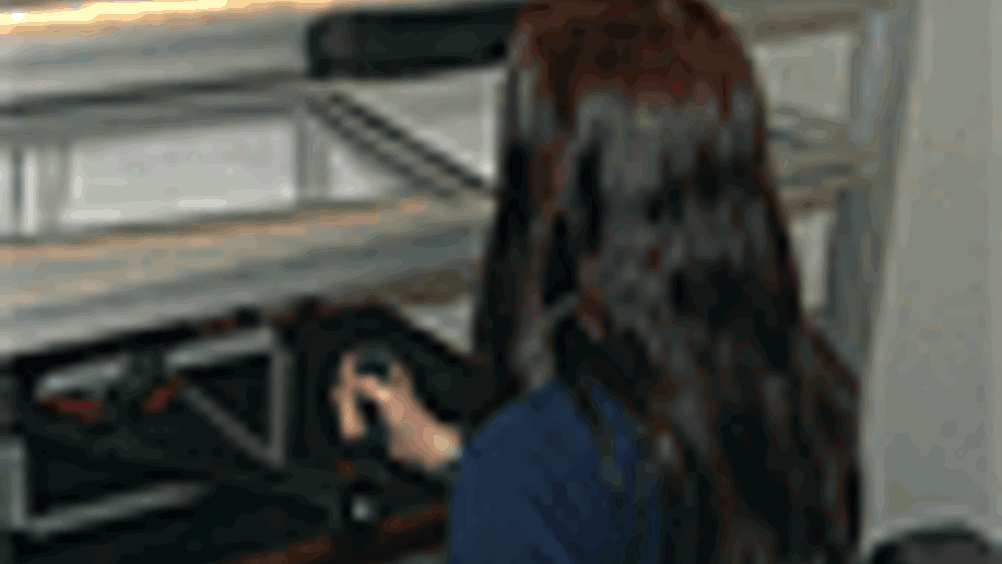Arm control

Researchers at Nottingham University are using a robot to give stroke victims a helping hand by enabling them to learn to use healthy parts of their brain to carry out the tasks performed by other areas prior to being damaged.
A one-armed robot — part of a sophisticated system — allows medical staff to control and assess stroke rehabilitation therapies. There is a pressing need to learn how better to help patients because strokes are the leading cause of disability in the UK, with more than 100,000 each year suffering their first in England and Wales alone.
They lead to substantial disability and ill health, so a large slice of the NHS budget, £2.3 bn and 12 per cent of general medical beds, is spent on treatment. Of the 65 per cent of first stroke survivors living independently, a third will be significantly disabled and need help with day-to-day activities.
That's why Nottingham's Prof Stephen Jackson is researching the effectiveness of robot-assisted shaping therapy. His team in the psychology department is evaluating the robotic system as a tool for therapists, to see if it can improve the quality of life for thousands of patients.
Register now to continue reading
Thanks for visiting The Engineer. You’ve now reached your monthly limit of news stories. Register for free to unlock unlimited access to all of our news coverage, as well as premium content including opinion, in-depth features and special reports.
Benefits of registering
-
In-depth insights and coverage of key emerging trends
-
Unrestricted access to special reports throughout the year
-
Daily technology news delivered straight to your inbox










Construction industry lags in tech adoption
Are these the best people to ask "Insights from 2,000 Industry Leaders"? - what would their customers views be like (perhaps more...